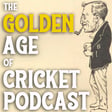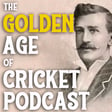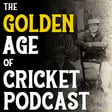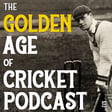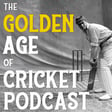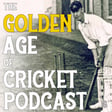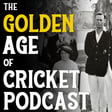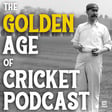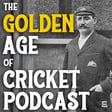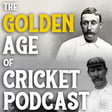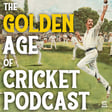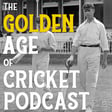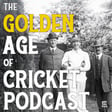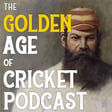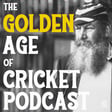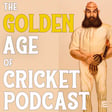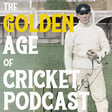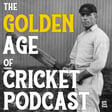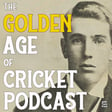
Wilfred Rhodes – Part 2 – with Patrick Ferriday
Part 2 of our discussion on the life and career of cricket colossus Wilfred Rhodes (1877–1973). This episode dissects his transition from bowler to batsman (and then back to bowler), his domestic life, his famous return to the Test side for the final match of the 1926 Ashes series, and his retirement years.
ABOUT PATRICK FERRIDAY:
Born in London, he lived for many years in West Berlin but returned to England to work as a racing commentator in the early nineties. Since 2011 he’s written four books and published a number of others, via his own publishing group – Von Krumm Publishing. He now lives in Brighton where, in 2021, he wrote and published the long-awaited biography – Wilfred Rhodes: The Triumphal Arch.
CREDITS:
Presenter & Producer: Tom Ford
All music used in the podcast comes from the University of California Santa Barbara’s remarkable collection of wax cylinder’s from the late nineteenth and early twentieth centuries, which are free to download and use. You can donate to the upkeep of these recordings via their website.
